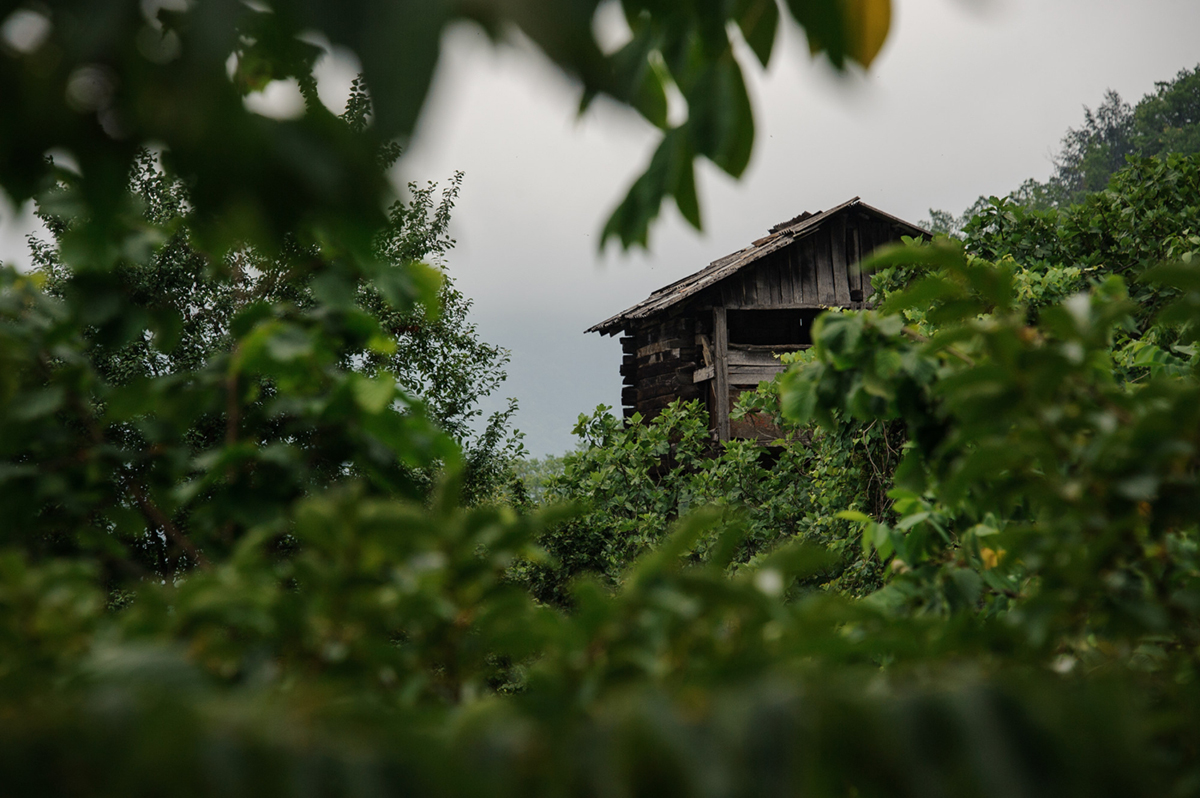


Having a property that is filled with lush greenery and flourishing plants can be a beautiful sight to see. However, if not kept under control, overgrowth can cause damage to your property that can lead to safety hazards or costly repairs. Overgrowth on your property can lead to plant growth around the foundation or septic system, which can lead to serious structural issues. Excessive growth can also damage your property's waterlines or block drainage systems. Thankfully, there are several actions you can take to prevent overgrowth damage. Read on to learn some useful techniques that can help you preserve your property.
Regularly maintain your garden or lawn to keep it from becoming out of control. This includes mowing, clipping, raking, weeding, and pruning. Regular maintenance can also keep animals from making a habitat in overgrown areas. To prevent overgrowth damage, it is recommended that you invest in a long-term plan that includes trimming or pruning every six to eight weeks. You can hire professionals that provide land clearing services to maintain your property for you.
One of the best ways to avoid the overgrowth of plants is to develop a planting strategy. A planting strategy helps to ensure that your garden is organized and prevents plants from encroaching on one another. Before planting, determine the growth patterns of each plant and plan accordingly. Plant large trees and bushes further apart to avoid them touching or entangling with other plants. The result will be less overgrowth, more sunlight, and air circulation, and a more attractive garden.
Natural waste such as leaves, plant clippings, and branches can lead to excessive plant growth if not removed from the area. Removing organic waste can help to prevent overgrowth and provide natural protection to your plants. Consider composting as it is an excellent way of recycling natural waste and using it to fertilize your garden. Composting is also good for the environment as it reduces landfill waste, enriches soil nutrients, and enhances soil structure.
Mulching helps maintain your garden's soil moisture levels, preventing excessive overgrowth during the growing season. Grass cuttings, shredded tree branches, and leaves are excellent materials for mulch. Mulch helps to suppress weeds, reducing the need for herbicides and chemicals that can harm plants in your garden. Installing a mulching system is relatively inexpensive and can be one of the best ways to prevent damage from overgrowth.
Invasive species are plants that spread aggressively and can be challenging to control. These species can cause structural damage as roots can grow under pipes and septic systems. It is important to identify and remove invasive species immediately to prevent overgrowth damage. The best way to remove invasive plants is by hiring professionals that offer land clearing services. They have the expertise needed to identify and remove these invasive plants without causing extensive damage to your property.
There you have it - valuable tips and tricks to help you prevent overgrowth damage on your property. Implementing these easy solutions will save you time and money in the long run. You can contact a land clearing service in Sanford, FL, to help you maintain your property for you. At Drinkwater & Drinkwater, we offer reliable and affordable services to ensure the safety of your property. Contact us today for more information!